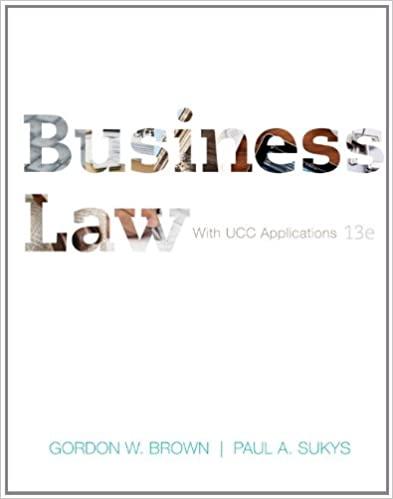The controversy surrounding UNESCOs politicization has caused an enormous amount of difficulty for the organization throughout the
Question:
The controversy surrounding UNESCO’s politicization has caused an enormous amount of difficulty for the organization throughout the years. Of course, there are those commentators who say that UNESCO’s bias in favor of the poorer nations is justified. These experts support UNESCO’s critique of the developed world for exploiting the underdeveloped world, its support for dependency theory, and its adoption of the New International Economic Order (NIEO), including its demand that the rich nations compensate the poor nations. There is another side to the issue, however. The rich nations and the corporations who actually entered the underdeve l oped world and drilled for oil, mined for diamonds, cut down ti m ber, and dug for coal, argue, rather convin c ingly, that it was their money, their equipment, and their workers that did the actual work. Their workers, with corporate money, built roads, harbors, comm u nication systems, oil fields, refineries and so on. Moreover, the go v ernments of these nations were all handsomely compensated for their fair share of the profits, or so the argument goes. Therefore, it is the government’s fault, that is, the governments of the underdeveloped nations, who failed to properly distribute the profit to their citizens.
Who is correct here from an ethical perspective? Do the rich nations owe the underdeveloped nations because they, the rich, created the underdeveloped world’s dependency on the developed world? Or does the fault lie in the hands of the governments of the underdeveloped world? Explain. By the way, there is an interesting parallel situation in the operation of the National Institutes of Health and the National Science Foundation. In those institutions the co m plaint is that the best and the most lucrative grants go to researchers from the big, powerful, rich mega-universities, while the small schools and the unknown r e searchers are largely ignored. The other side of this argument states that the unknown researchers from the small schools actually self-select themselves out of the process, either by not applying or by giving up and withdrawing their applications before the final awards are made. Who is correct here from an ethical perspective? Do the referees from the big schools owe the representatives from small schools special attention because they, the rich, created a peer review merit-based process that favors the big schools and the big names? Or does the fault lie in the hands of the inexperienced researchers from the small schools who “get cold feet”? Explain.
Step by Step Answer:

Business Law With UCC Applications
ISBN: 9780073524955
13th Edition
Authors: Gordon Brown, Paul Sukys





